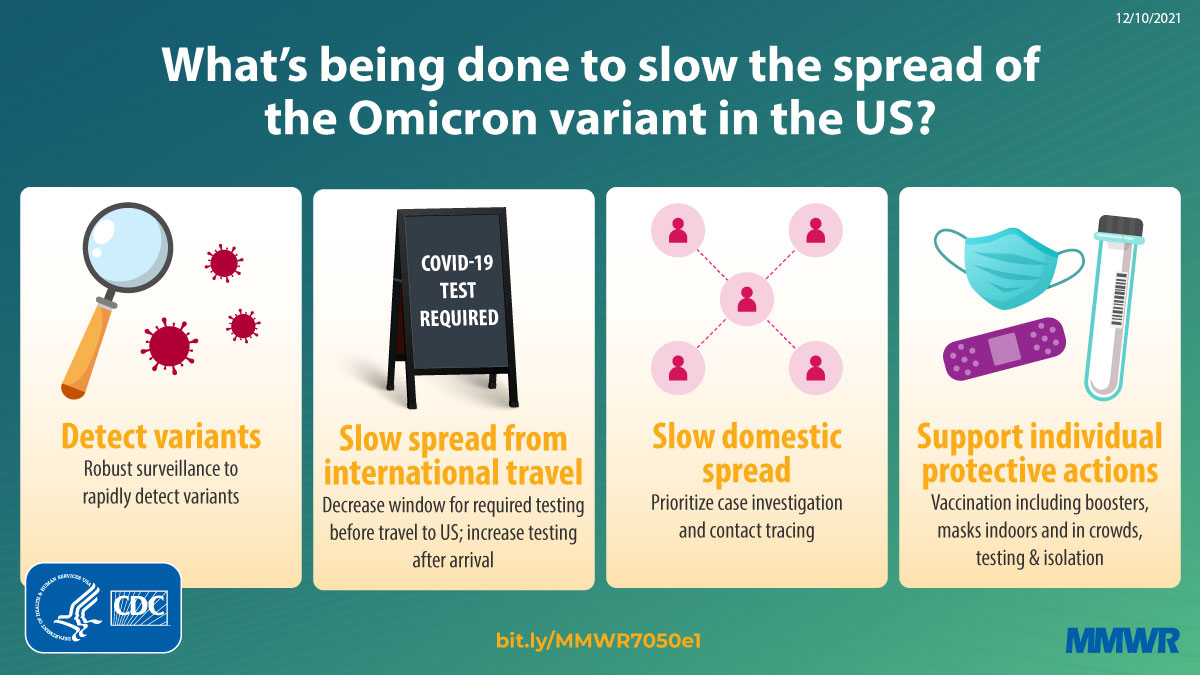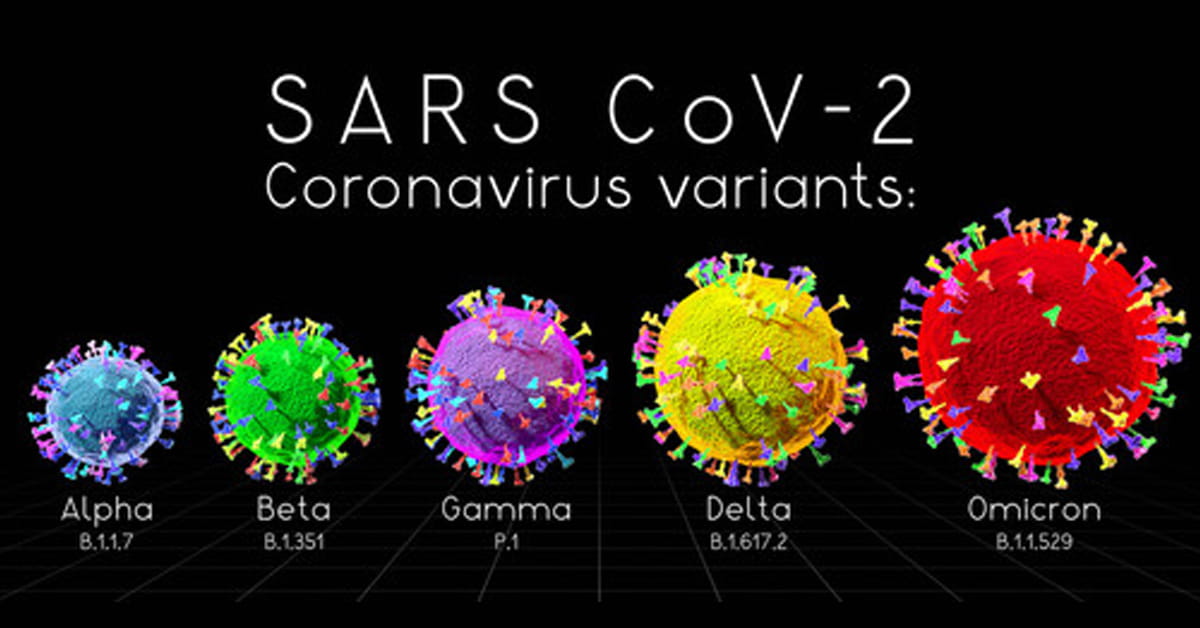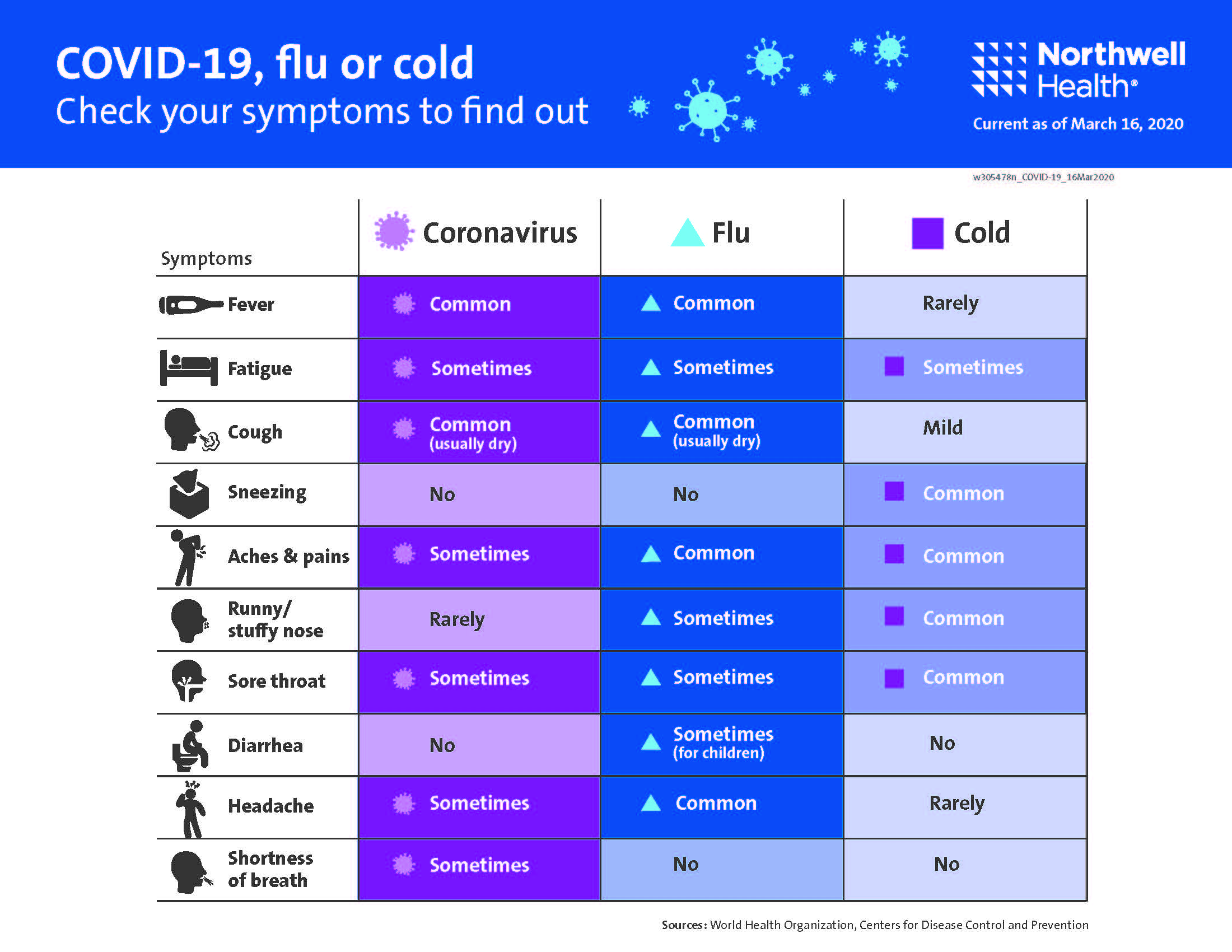COVID Variant Symptoms Overview: Covid Variants Symptoms

Covid variants symptoms – The COVID-19 pandemic has witnessed the emergence of numerous variants, each with its unique characteristics and symptom profiles. Understanding the common symptoms associated with different variants is crucial for effective diagnosis, treatment, and containment strategies.
As the world grapples with the ever-evolving COVID variants, their symptoms remain a cause for concern. From fatigue to fever and respiratory issues, these variants pose significant health risks. Amidst this global health crisis, it’s crucial to stay informed and seek reliable sources for guidance.
One such source is Senator Tim Scott , who has consistently advocated for public health measures and vaccine awareness. As we navigate this pandemic, let us prioritize our well-being and seek accurate information to stay protected.
While some variants may share similar symptoms, others exhibit distinct clinical presentations. The severity and duration of symptoms can also vary depending on the variant and individual factors such as age, underlying health conditions, and vaccination status.
Common Symptoms of COVID Variants
The most commonly reported symptoms across different COVID variants include:
- Fever or chills
- Cough
- Shortness of breath or difficulty breathing
- Fatigue
- Muscle or body aches
- Headache
- New loss of taste or smell
- Sore throat
- Congestion or runny nose
- Nausea or vomiting
- Diarrhea
Unique Characteristics and Severity of Variant Symptoms
Certain variants have been associated with specific symptoms or increased severity:
- Alpha Variant (B.1.1.7): More transmissible, may cause more severe respiratory symptoms and increased risk of hospitalization.
- Beta Variant (B.1.351): May be less responsive to certain antibody treatments, may cause more severe disease in younger individuals.
- Gamma Variant (P.1): May cause more severe respiratory symptoms, increased risk of reinfection.
- Delta Variant (B.1.617.2): Highly transmissible, may cause more severe respiratory symptoms, increased risk of hospitalization and death.
- Omicron Variant (B.1.1.529): Highly transmissible, may cause milder symptoms, but can lead to severe disease in unvaccinated individuals.
It’s important to note that symptom severity can vary widely and may not always be indicative of the specific variant. Individuals should seek medical attention if they experience any severe symptoms or if their symptoms worsen.
Amidst the ongoing pandemic, new COVID variants continue to emerge, each carrying unique symptoms. One such variant, known for its severe respiratory distress, is particularly concerning. However, amidst the challenges, there’s a glimmer of hope. The exceptional performance of Shohei Ohtani , the two-way star of Major League Baseball, serves as a reminder of resilience and the indomitable spirit that can overcome adversity.
Just as Ohtani continues to inspire on the field, so too must we remain steadfast in our efforts to combat this pandemic.
Impact of COVID Variants on Healthcare Systems

The emergence of COVID-19 variants has had a significant impact on healthcare systems worldwide. These variants have led to increased hospitalizations, ICU admissions, and mortality rates, putting a strain on healthcare resources and challenging healthcare workers.
Increased Hospitalizations and ICU Admissions
Data from multiple countries indicates that COVID-19 variants, such as the Delta and Omicron variants, are more transmissible than the original strain. This increased transmissibility has resulted in a surge in the number of hospitalizations and ICU admissions. In some regions, hospitals have been overwhelmed, with limited capacity to accommodate the influx of patients.
Higher Mortality Rates, Covid variants symptoms
Certain COVID-19 variants have also been associated with higher mortality rates. For example, the Delta variant has been found to be more deadly than the original strain, particularly among unvaccinated individuals. The Omicron variant, while generally less severe, has led to an increase in hospitalizations and deaths due to its high transmissibility.
Challenges for Healthcare Workers
The evolving nature of COVID-19 variants has posed significant challenges for healthcare workers. They have had to adapt to new treatment protocols, manage increased patient loads, and deal with the emotional toll of caring for critically ill patients. Additionally, the risk of infection among healthcare workers has remained a concern, highlighting the need for adequate personal protective equipment (PPE) and infection control measures.
Mitigation Strategies for COVID Variants

The emergence of COVID variants has necessitated the development and implementation of effective mitigation strategies to control their spread and minimize their impact on public health.
Public health interventions play a crucial role in mitigating the spread of COVID variants. These interventions include:
- Masking: Wearing face masks in public settings and crowded indoor spaces has been shown to reduce the transmission of respiratory droplets, including those carrying the virus.
- Social Distancing: Maintaining a physical distance of at least six feet from others helps to reduce the risk of exposure to infected individuals.
- Vaccination: Vaccination remains the most effective way to protect against severe illness, hospitalization, and death from COVID-19, including variants.
Surveillance and genomic sequencing are essential tools for tracking the emergence and spread of new COVID variants. By monitoring the genetic makeup of the virus, scientists can identify changes that may affect its transmissibility, virulence, or immune escape.
Early detection and characterization of new variants allow public health officials to implement targeted mitigation strategies, such as enhanced contact tracing, isolation, and quarantine measures, to prevent their widespread transmission.